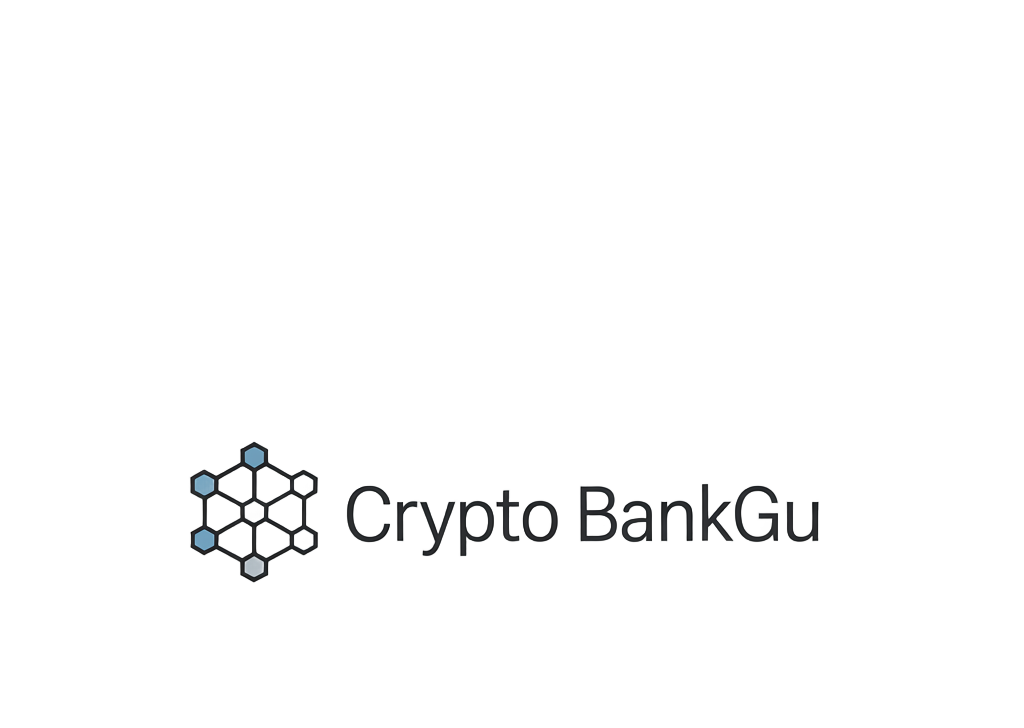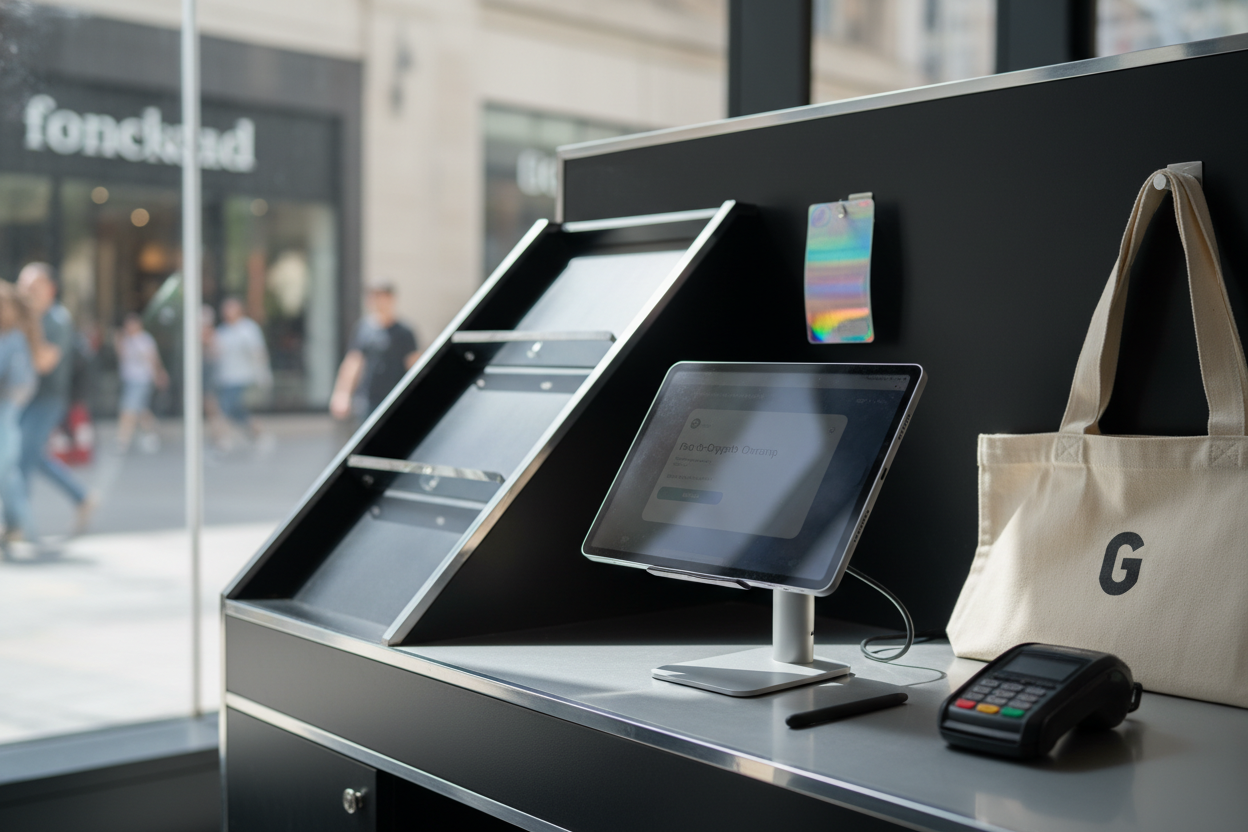
In July 2025, PNC Bank made a decisive move into the digital asset arena by announcing a strategic partnership with Coinbase. This alliance is not simply another headline in the ongoing fusion of traditional finance and crypto. Instead, it marks a pivotal moment for mainstream adoption of digital assets in the United States, directly impacting over 12 million PNC customers who can now buy, hold, and sell cryptocurrencies directly through their familiar banking interface. The implications are profound for both retail users and institutional clients looking to navigate an increasingly digitized financial landscape.
How Regulatory Clarity Set the Stage for PNC’s Crypto Leap
The timing of this partnership is no coincidence. The passage of the GENIUS Act in early 2025 provided much-needed regulatory clarity for stablecoins and digital asset custody, effectively opening the door for major U. S. banks to participate more confidently in crypto services. Prior to this legal breakthrough, many traditional banks hesitated to enter the space due to compliance uncertainty and operational risk. Now, with federal guardrails in place, PNC’s collaboration with Coinbase signals a new era where established financial institutions can offer robust crypto solutions without building costly infrastructure from scratch.
This regulatory backdrop is transforming how banks view digital assets, not as speculative outliers but as integral components of modern portfolios and payment systems. As a result, PNC’s move is less about chasing hype and more about meeting real customer demand under a safer, more predictable framework.
Inside the Coinbase-PNC Integration: What Customers Gain
The heart of this partnership lies in seamless integration. By leveraging Coinbase’s Crypto-as-a-Service (CaaS) platform, PNC sidesteps the immense technical hurdles associated with developing its own custody, trading engine, and compliance stack. Instead, clients get direct access to digital asset markets, Bitcoin, Ethereum, stablecoins, without leaving their PNC account environment.
This is not just a win for convenience; it’s also a major step forward for security and trust. Customers benefit from Coinbase’s established track record in safeguarding billions in assets while enjoying FDIC-insured banking services on their fiat holdings at PNC. For institutional clients, think corporate treasuries or investment managers, the combined offering unlocks streamlined access to crypto markets with best-in-class compliance oversight.
The partnership also brings select banking services from PNC to Coinbase itself, a two-way street that deepens resilience across both platforms and hints at future collaborative products beyond basic trading or custody.
Traditional Banks Embrace Digital Assets: A Competitive Imperative
PNC Bank is not alone in recognizing that client expectations have shifted dramatically since 2020. With competitors like JPMorgan Chase already enabling crypto purchases via credit cards through similar tie-ups (source), standing still is no longer an option for institutions seeking relevance among digitally savvy consumers.
This trend reflects broader forces at play: younger generations demanding frictionless access to alternative assets; businesses exploring blockchain-based payments; even conservative investors looking for inflation hedges or portfolio diversification via tokenized products. By integrating with Coinbase at this juncture, when prices are front-of-mind (PNC shares currently trade at $183.95, while COIN sits at $357.01): PNC positions itself as both an innovator and a safe harbor amid rapid change.
PNC Financial Services Group Inc. (PNC) Share Price Prediction 2026-2031
Outlook based on PNC’s strategic partnership with Coinbase and evolving digital asset integration in US banking
| Year | Minimum Price | Average Price | Maximum Price | Year-over-Year % Change (Avg) | Key Scenario (Bullish/Bearish) |
|---|---|---|---|---|---|
| 2026 | $170.00 | $190.00 | $210.00 | +3.3% | Initial adoption growth, moderate volatility |
| 2027 | $175.00 | $200.00 | $225.00 | +5.3% | Wider crypto adoption, increased fee income |
| 2028 | $180.00 | $210.00 | $240.00 | +5.0% | Regulatory clarity boosts digital services |
| 2029 | $190.00 | $225.00 | $260.00 | +7.1% | Mainstream crypto integration, cross-selling |
| 2030 | $200.00 | $240.00 | $280.00 | +6.7% | Sustained earnings growth, fintech innovation |
| 2031 | $210.00 | $255.00 | $300.00 | +6.3% | Digital assets as banking standard, peak synergy |
Price Prediction Summary
PNC’s partnership with Coinbase and the broader shift toward digital assets in US banking are expected to drive steady share price appreciation over the next six years. While short-term volatility may persist due to crypto market swings and regulatory changes, long-term prospects are strong as PNC leverages new revenue streams and strengthens its competitive position. The average price is projected to grow from $190.00 in 2026 to $255.00 in 2031, with both bullish and bearish scenarios reflected in the min/max ranges.
Key Factors Affecting PNC Financial Services Group Inc. Stock Price
- Success of PNC-Coinbase crypto service adoption by retail and institutional clients
- Sustained interest and regulatory support for digital assets in the US
- Growth in fee income and cross-selling opportunities from digital services
- Potential for increased volatility from crypto market cycles
- Macroeconomic factors such as interest rates and credit quality
- Competitive moves by other large US banks integrating crypto services
- PNC’s cost management and operational efficiency in scaling digital offerings
Disclaimer: Stock price predictions are speculative and based on current market analysis.
Actual prices may vary significantly due to market volatility, economic conditions, and other factors.
Always do your own research before making investment decisions.
For PNC clients, the ability to buy crypto with PNC Bank directly, rather than relying on third-party exchanges or convoluted transfer processes, is a meaningful upgrade. The integration effectively removes longstanding barriers to entry for mainstream users: account verification is unified, fiat-to-crypto conversions are streamlined, and users can monitor both traditional and digital assets from a single dashboard. This level of simplicity and transparency is rarely seen in the industry, and it could set a new standard for US banks crypto services.

The partnership’s impact extends beyond retail banking. Corporate clients now have access to institutional-grade solutions for digital asset management, think treasury diversification, stablecoin settlement rails, and exposure to tokenized securities. This suite of services arrives at a time when regulatory clarity has emboldened CFOs across America to experiment with blockchain-based finance.
Risks, Rewards, and the New Crypto Banking Landscape
Of course, this transformation is not without its risks. Volatility in crypto markets remains elevated, Coinbase Global Inc. (COIN) shares are trading at $357.01, down 7.74% as of October 10,2025, reminding investors that digital assets can move sharply in either direction. Likewise, PNC Financial Services Group Inc. (PNC) shares sit at $183.95, down 3.52%, reflecting both sector-wide pressures and the uncertainty that accompanies such bold strategic shifts.
Yet the rewards are equally significant. By moving early and partnering with an established player like Coinbase, PNC signals to regulators and clients alike that it intends to lead, not follow, in shaping America’s digital banking future.
Key Benefits of PNC Bank’s New Crypto Services
-
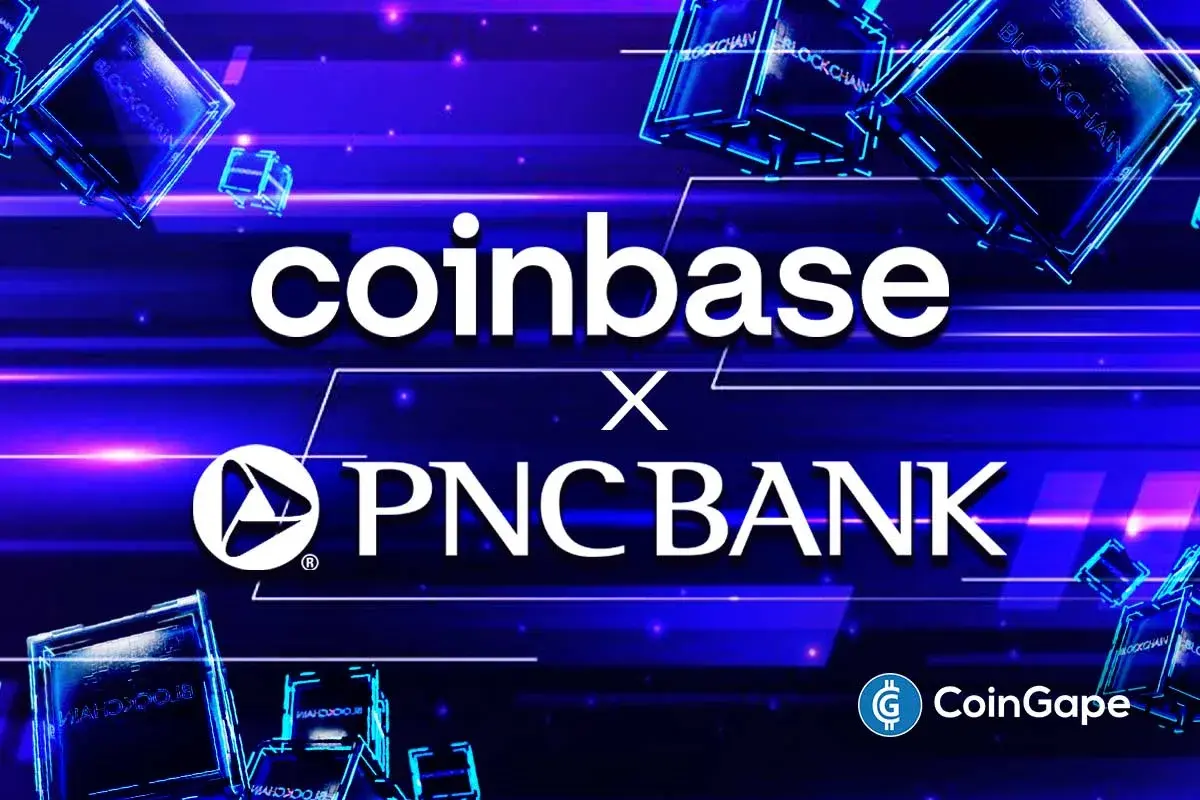
Seamless Crypto Integration: PNC customers can now buy, hold, and sell cryptocurrencies directly within their PNC accounts, thanks to the integration of Coinbase’s Crypto-as-a-Service (CaaS) platform. This eliminates the need to transfer funds to external exchanges, streamlining the digital asset experience.
-
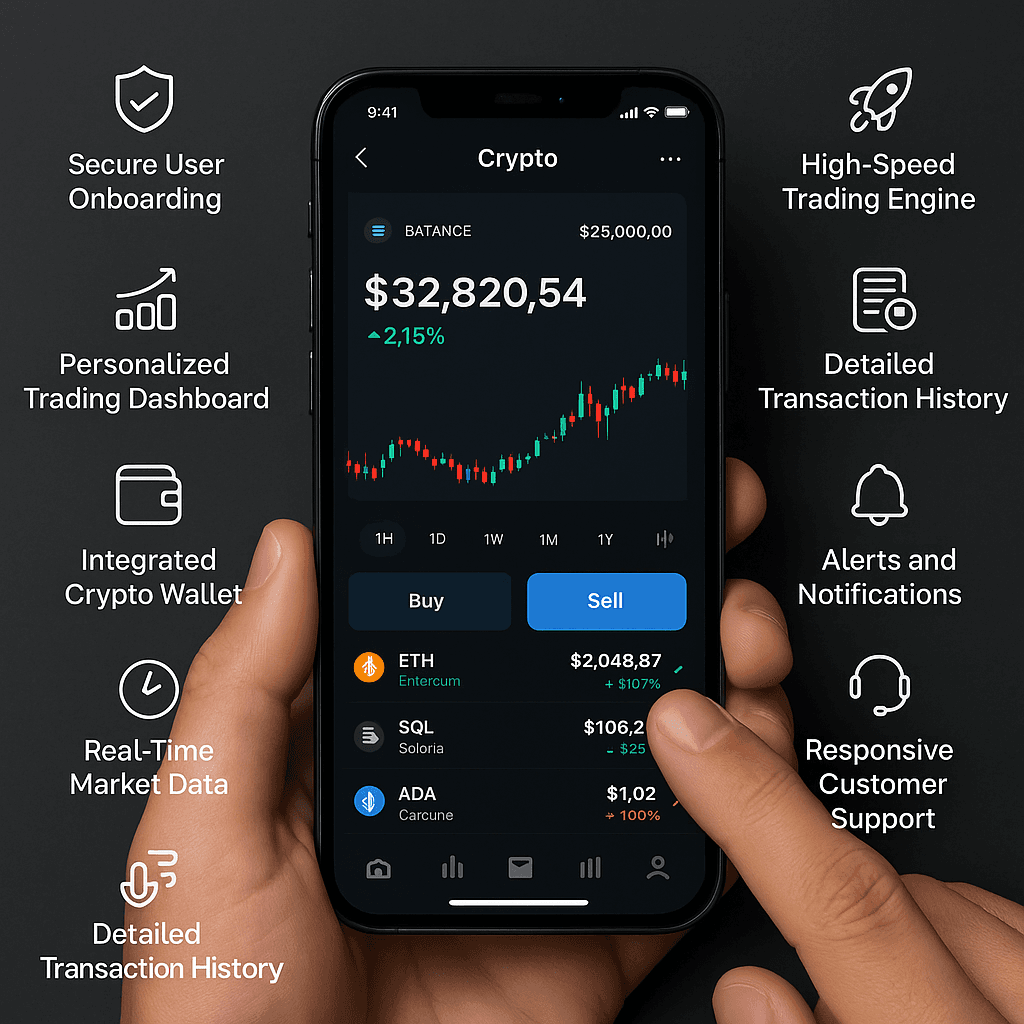
Enhanced Security and Compliance: By leveraging Coinbase’s established custody and compliance infrastructure, PNC ensures that clients’ digital assets are protected by industry-leading security protocols and regulatory standards.
-
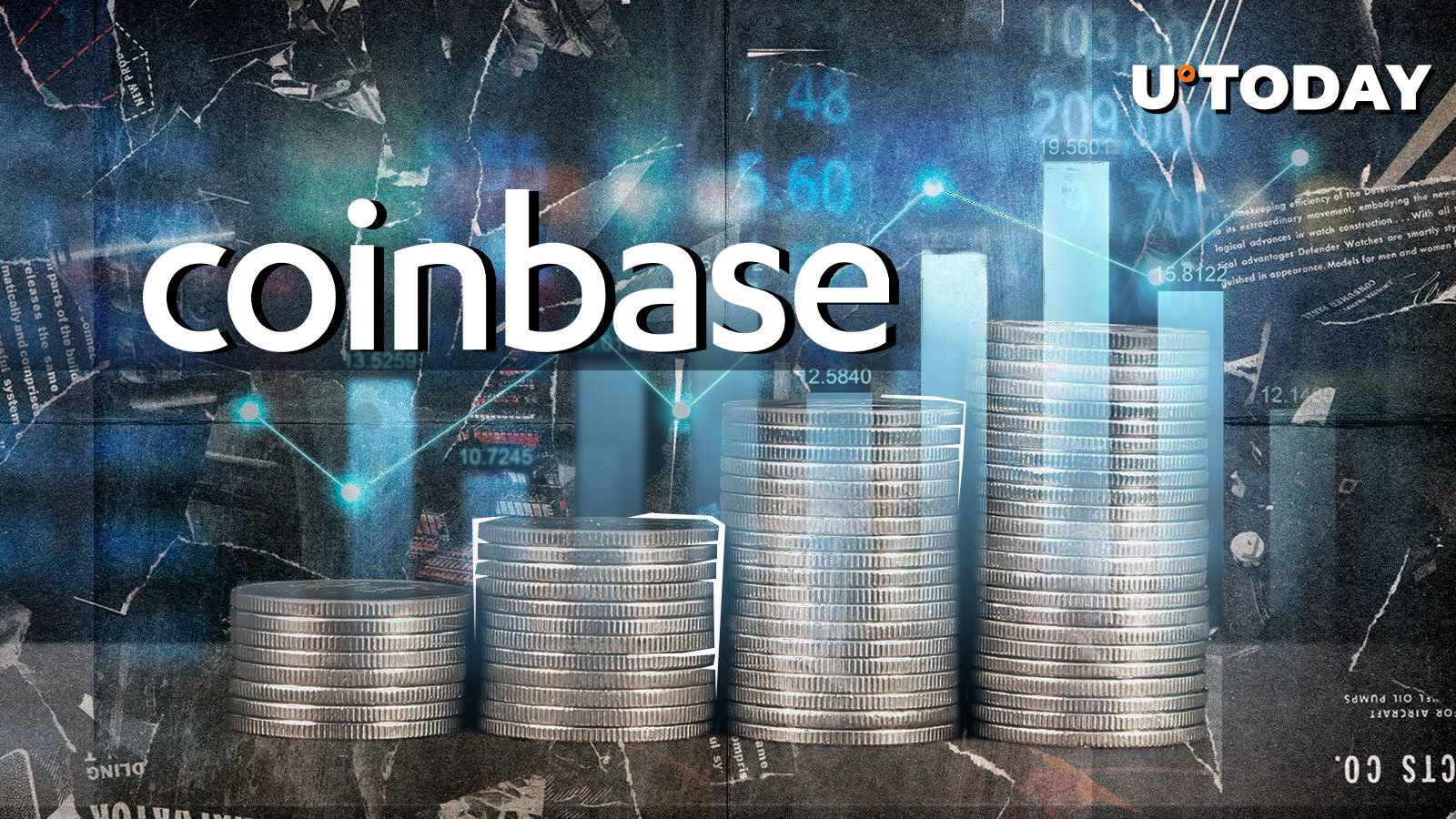
Access to a Broad Range of Digital Assets: Through this partnership, PNC clients gain exposure to major cryptocurrencies supported by Coinbase, offering diversified investment options beyond traditional banking products.
-
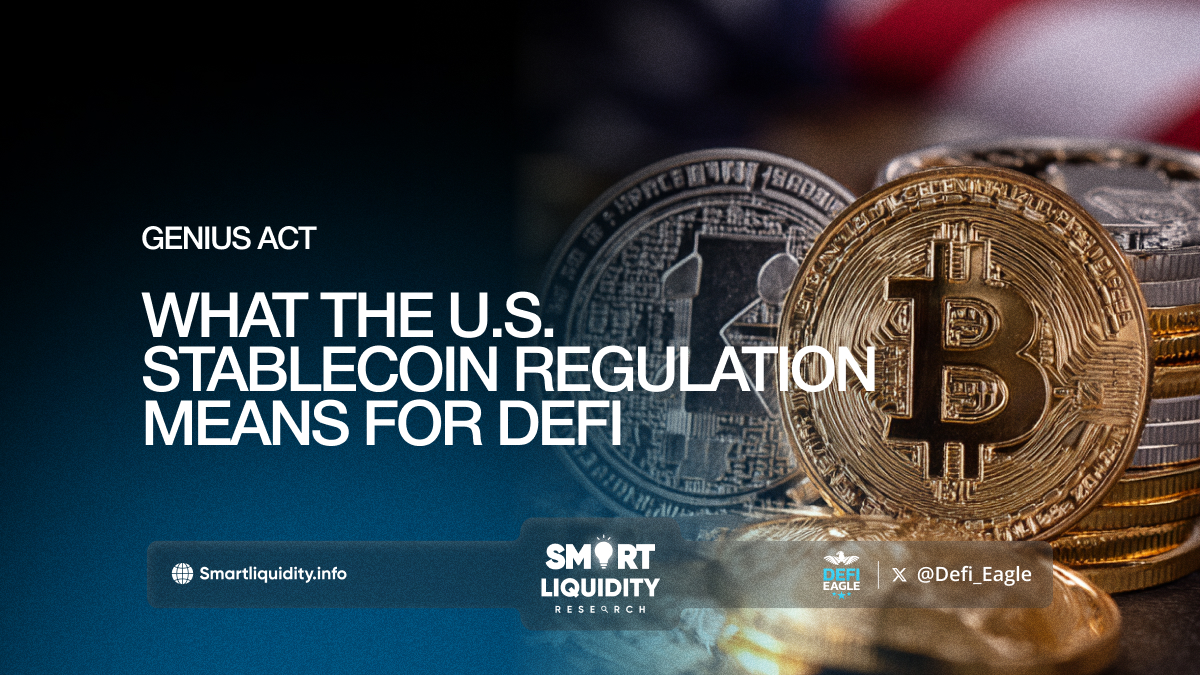
Regulatory Clarity and Consumer Protection: The rollout follows the passage of the GENIUS Act in 2025, which provides a clear federal framework for stablecoins and digital assets, giving customers greater confidence in the safety and legality of their crypto transactions.
-
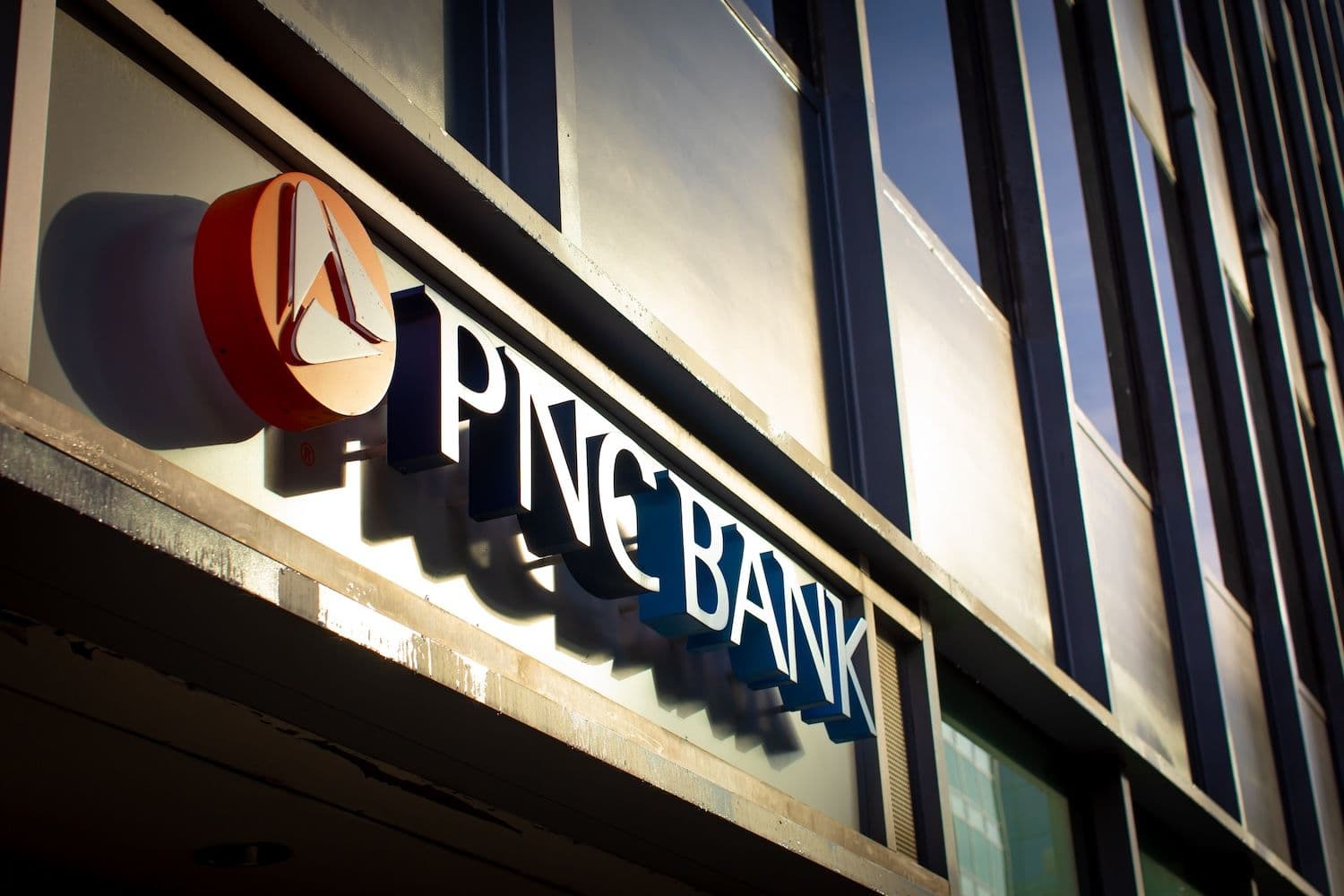
Institutional-Grade Solutions for Businesses and Individuals: PNC’s collaboration with Coinbase enables both retail and institutional clients to access digital asset solutions, reflecting growing mainstream acceptance and adoption of crypto banking.
-

Cost and Complexity Reduction: By partnering with Coinbase, PNC avoids the high costs and technical challenges of building in-house crypto infrastructure, allowing customers to benefit from a robust, reliable platform without additional fees or delays.
This evolution isn’t happening in isolation; it’s part of an accelerating movement among traditional banks and digital assets. As more institutions roll out similar integrations, expect increased competition around fees, user experience, and the breadth of supported tokens.
What Comes Next? The Roadmap for Crypto Banking in America
The next phase will likely see even deeper collaboration between banks and crypto-native firms. Beyond simple trading or custody solutions, we’ll see innovations like yield products tied to DeFi protocols (within regulatory boundaries), tokenized lending platforms for small businesses, and real-time cross-border payments using stablecoins, all accessible from your bank app.
For now, PNC’s partnership with Coinbase stands as a bellwether, a clear signpost that digital assets are no longer fringe but foundational to modern banking strategy in the US.
